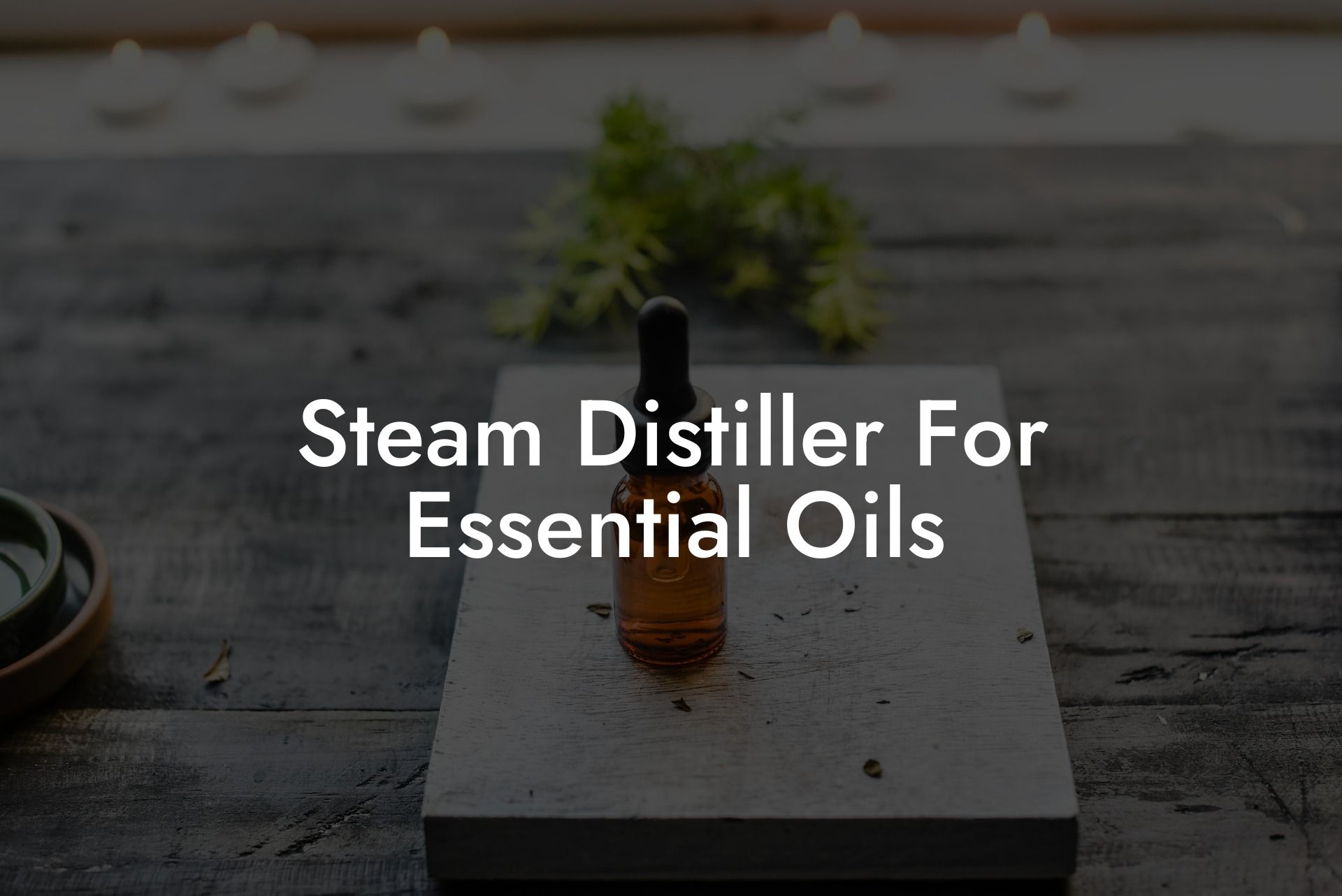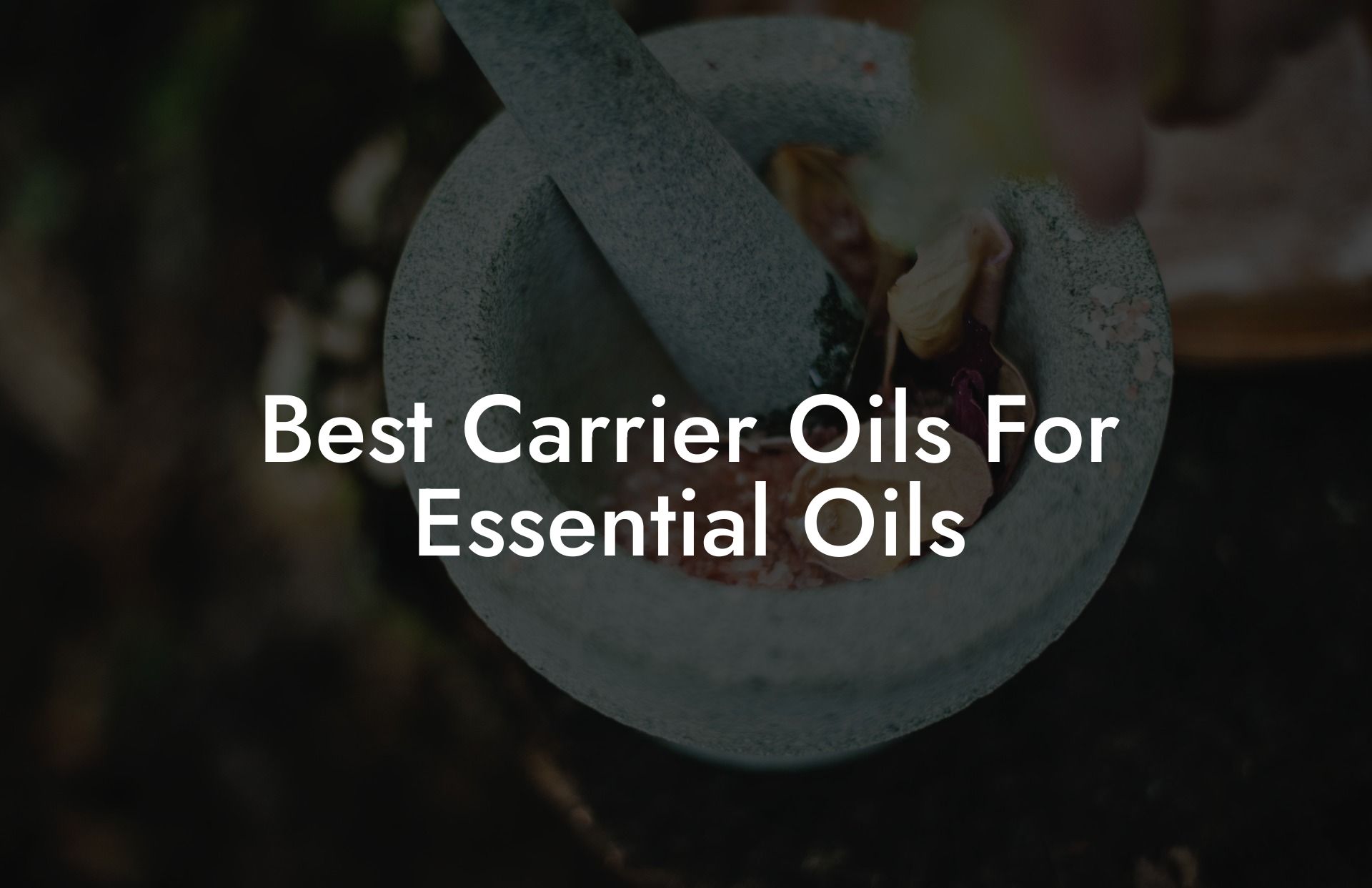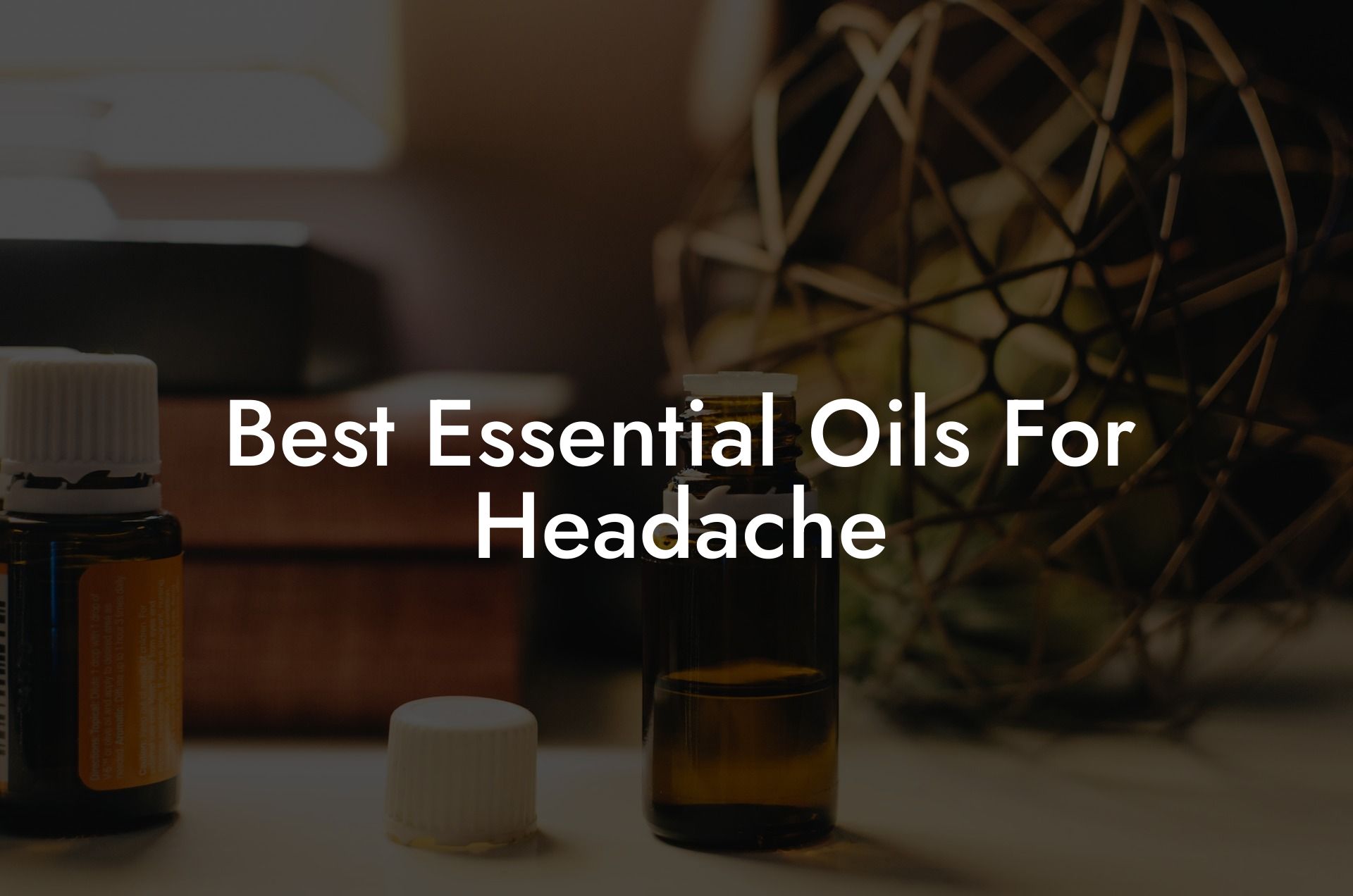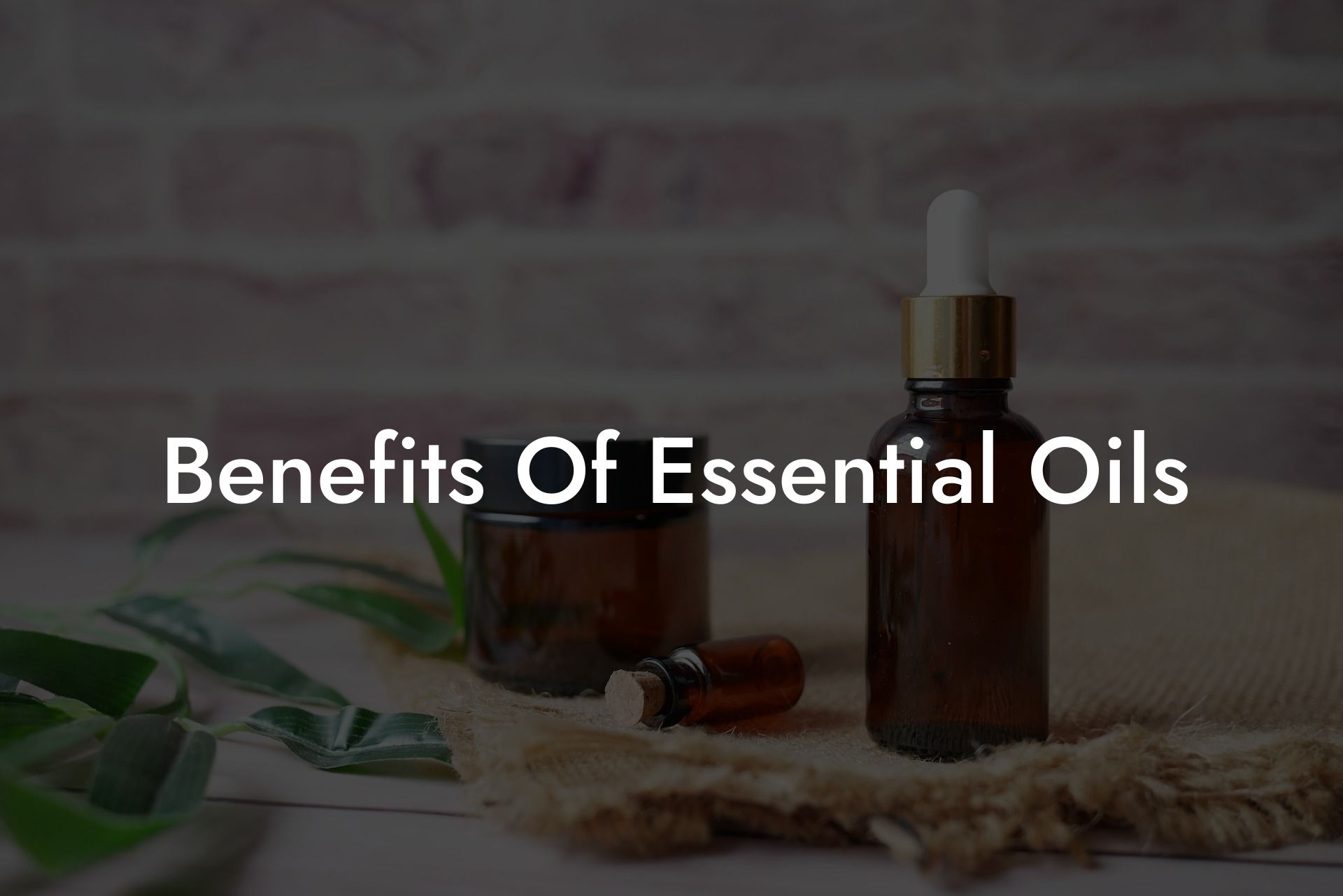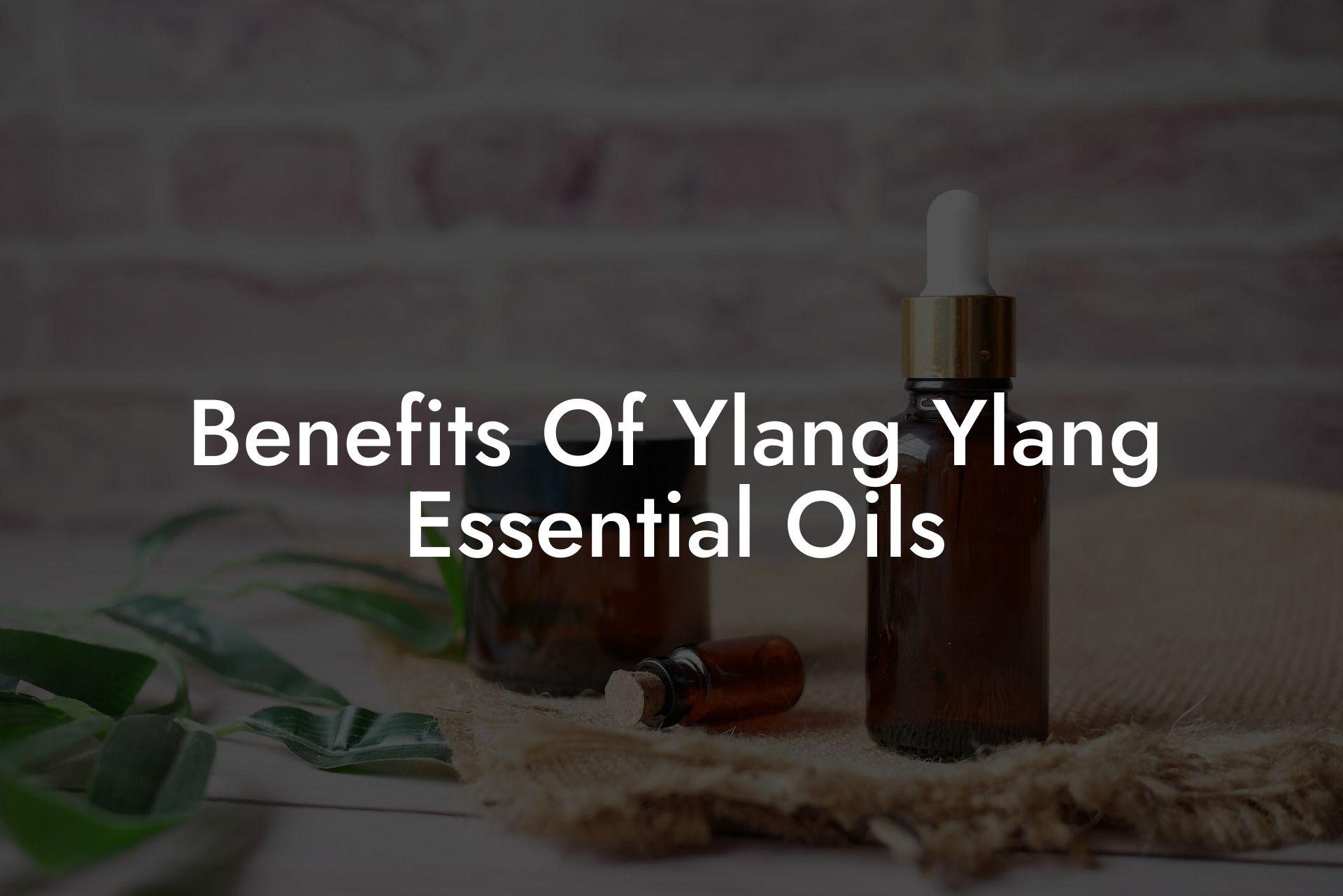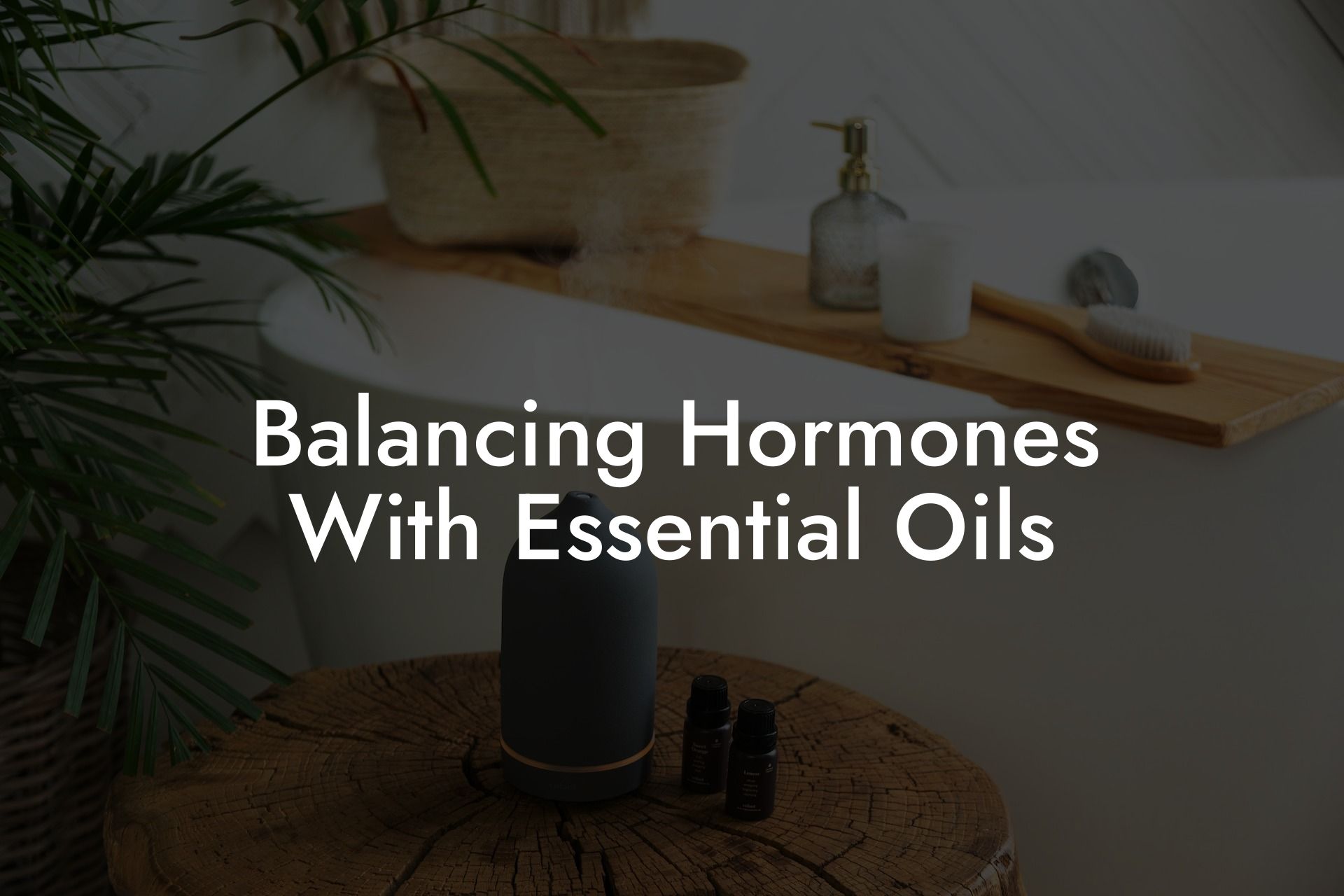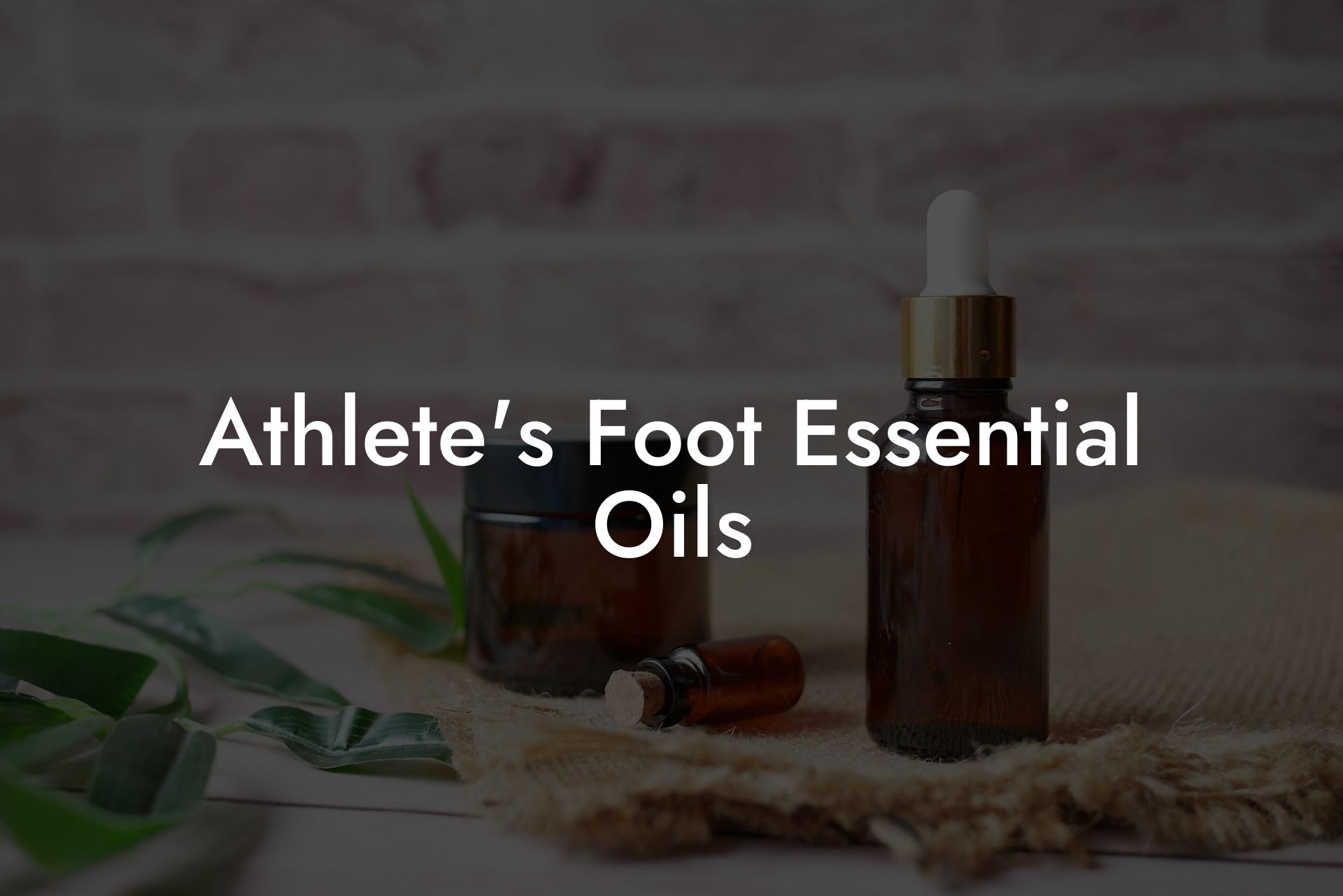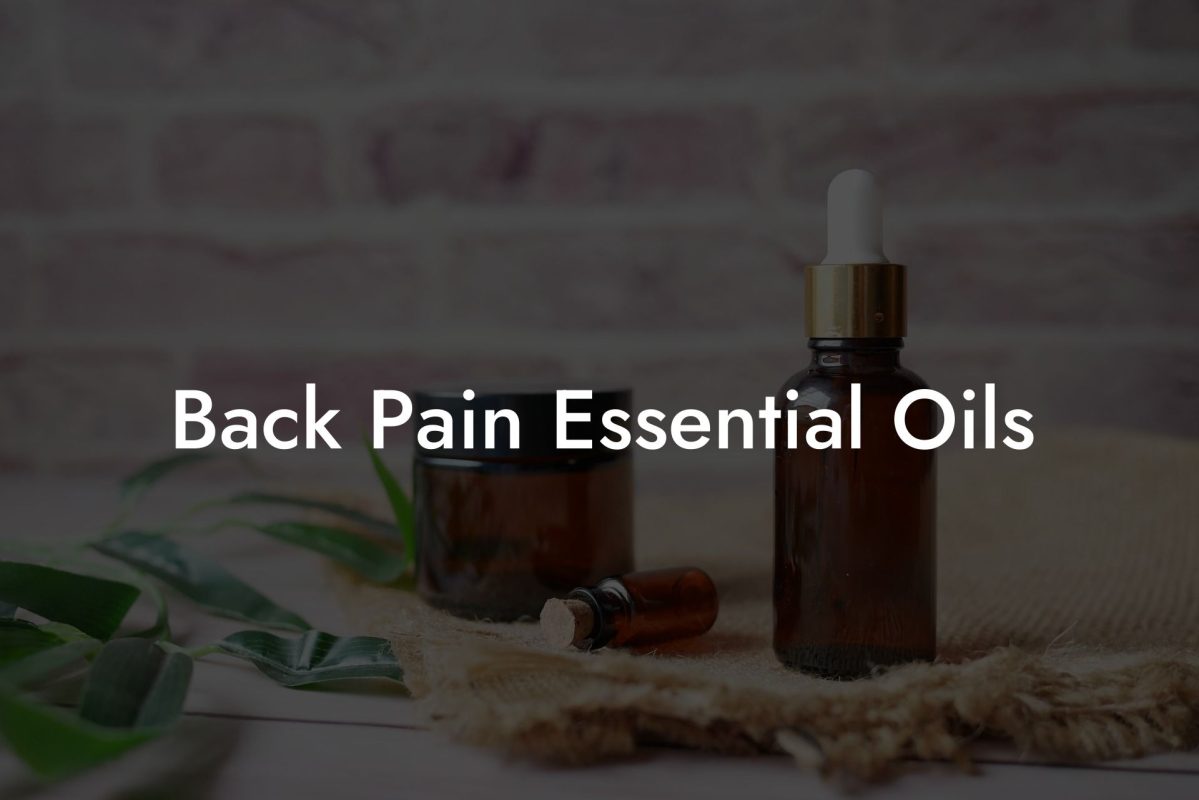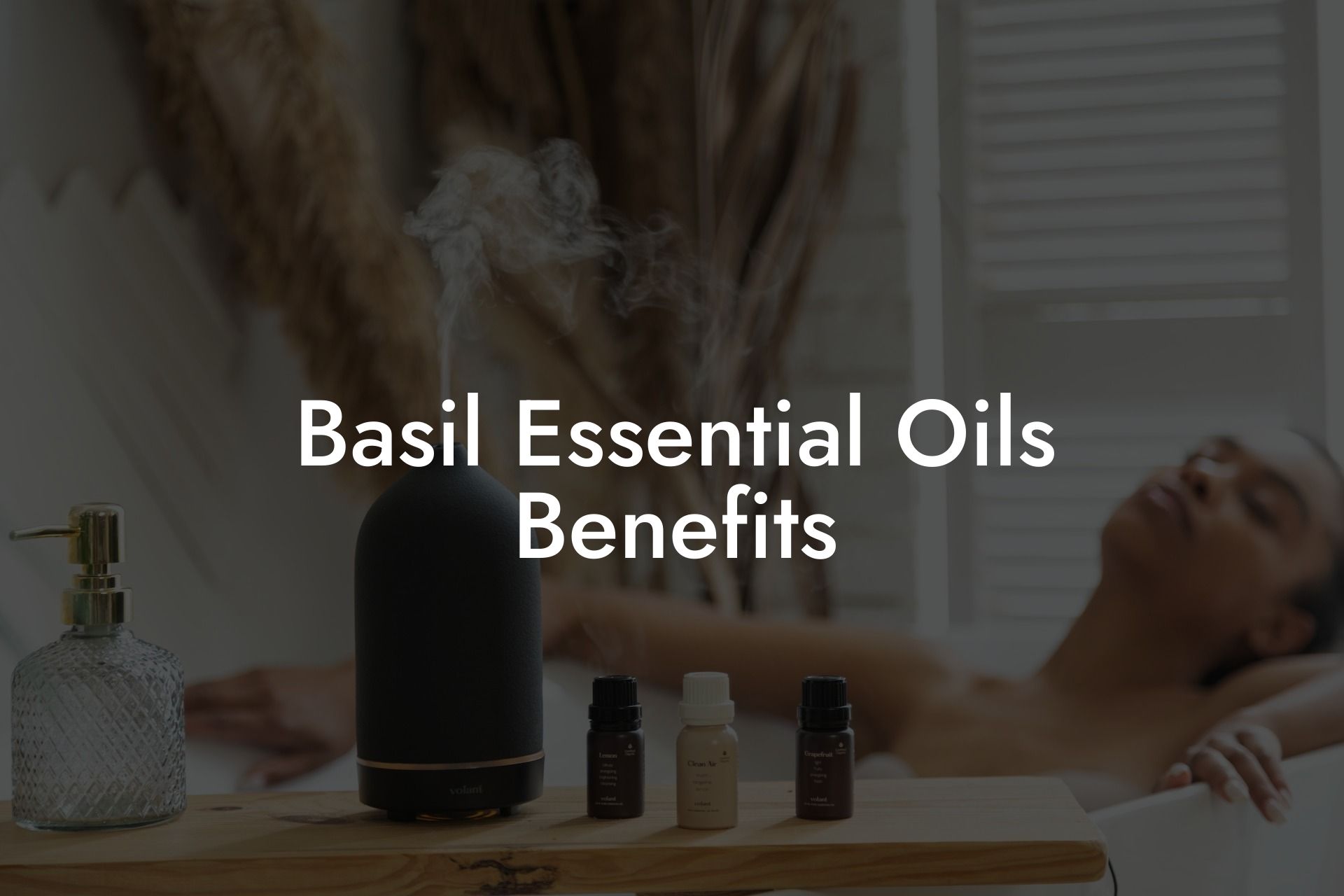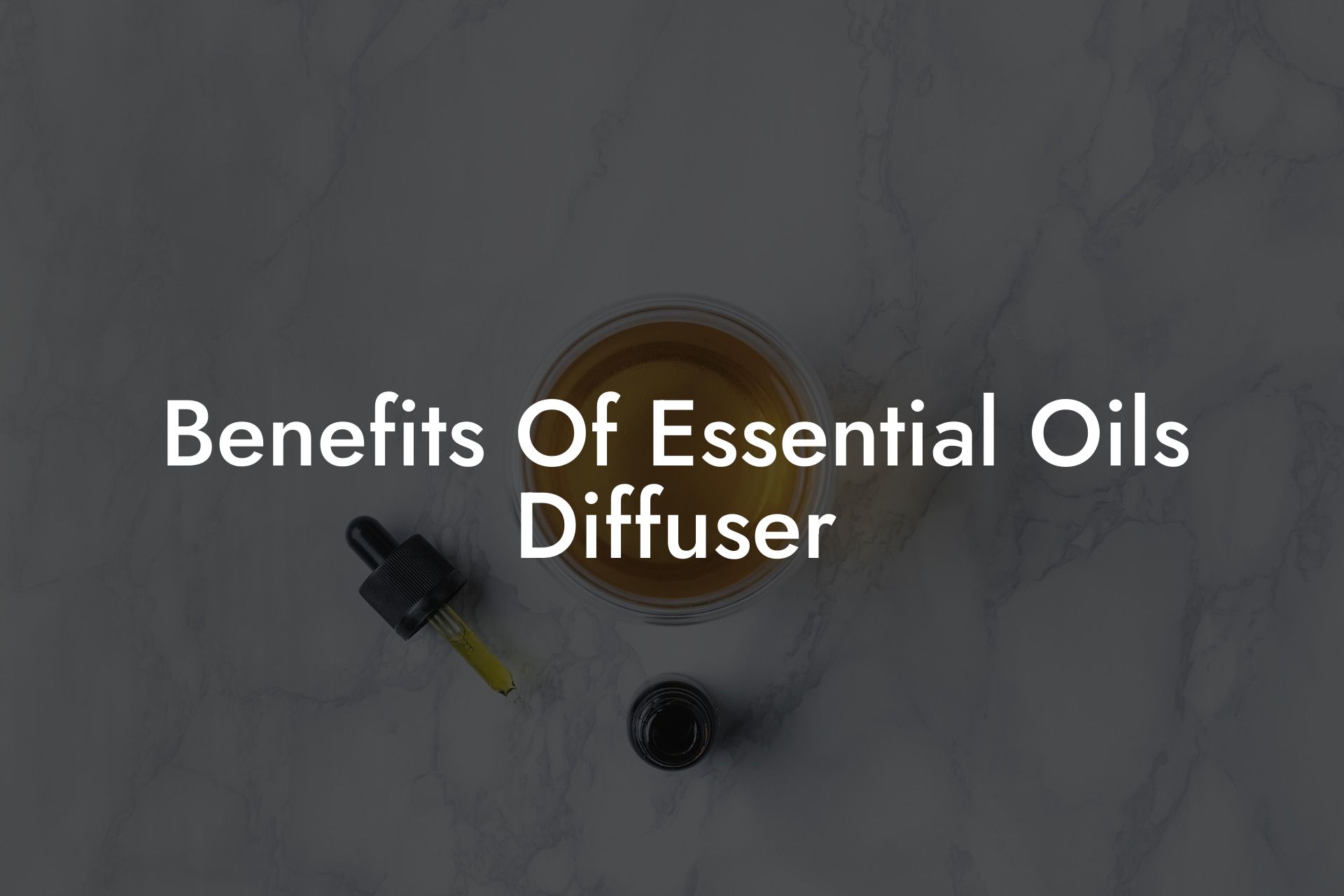The fascinating world of essential oils offers a myriad of health and wellness benefits. Steam distillation is one of the most popular methods for extracting these essential oils. In this comprehensive guide, we explore the steam distiller for essential oils, its working process, and benefits. So, sit back, relax, and let the power of aromacology transform your knowledge of essential oils.
Table of Contents
What is a Steam Distiller?
A steam distiller is a specialized piece of equipment designed to extract, isolate, and purify essential oils from plant material through the process of steam distillation. It consists of various components, such as a boiling flask, steam generator, condenser, separator, and collection container.
How Does the Steam Distillation Process Work?
- Preparation of Plant Material: The process starts by placing the botanical material into the boiling flask. Depending on the plant type, you may need to crush or chop the material to maximize oil extraction.
- Steam Generation: Water is heated inside the steam generator, producing steam that rises through the plant material.
- Extraction of Essential Oils: The steam comes into contact with the plant material, causing the essential oil compounds to vaporize. These vaporized oils mix with the steam and rise to the condenser.
- Condensation and Separation: As the steam and vaporized oils pass through the condenser, they cool down and turn back into liquid. This mixture forms two layers: one with the essential oil and the other layer being the residual water or ‘hydrosol.’ These two layers are then separated in a separator, allowing the pure essential oil to be collected in a container.
Benefits of Using a Steam Distiller for Essential Oils
- Purity: Steam distillation ensures the essential oil is free from impurities and contaminants, maintaining its therapeutic benefits.
- Efficiency: This method is highly efficient and can extract a significant quantity of essential oil from a relatively small amount of plant material.
- Wide Applications: Steam distillation is compatible with a vast array of botanicals, including flowers, leaves, bark, roots, and seeds, making it suitable for producing various essential oils.
- Eco-friendly: Steam distillation is an environmentally friendly process that requires only water and heat, without the need for harmful chemicals or solvents.
Tips for Using a Steam Distiller
- Choose Quality Plant Material: To get the best results, always use fresh, high-quality botanicals that are free from pests, mold, and chemicals.
- Monitor the Process: Keep an eye on the equipment during the distillation process, checking for leaks and ensuring internal temperature levels remain optimal.
- Clean and Maintain: Regularly clean and maintain the distiller to prevent contamination and ensure optimal performance.
Steam Distiller For Essential Oils Example:
Imagine that you have a steam distiller at your home and want to make lavender essential oil. Start by selecting fresh and healthy lavender flowers, free from any chemicals or contaminants. Roughly chop the flowers to expose the glands that contain the essential oil.
Place the chopped lavender flowers into the boiling flask of your distiller. Fill the steam generator with distilled water and turn on the heat. Monitor the temperature, ensuring it remains within the ideal range of 212°F – 245°F (100°C – 118°C) for lavender.
As the steam passes through the lavender flowers, the essential oil vaporizes and rises to the condenser, turning back into liquid. The mixture then separates into two layers, with the lavender essential oil collected in a container for use in aromatherapy or beauty products.
In conclusion, steam distillers for essential oils offer an efficient, eco-friendly, and safe way to extract highly beneficial oils from a wide variety of botanicals. By understanding the process and benefits, you can harness the power of nature to improve your wellbeing and overall quality of life. Don’t forget to share this informative article with your friends and explore our other guides at Oshu Oils! And of course, be sure to check out the Oshu Oils range of essential oils to enhance your aromacology journey.

